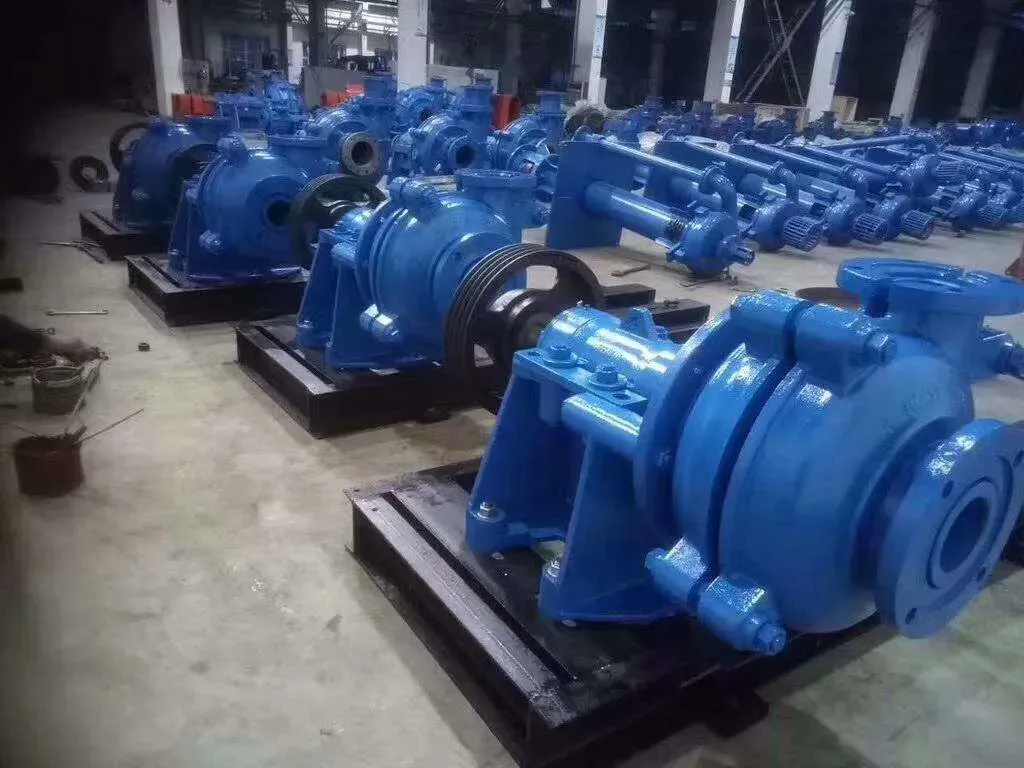English
- Afrikaans
- Albanian
- Amharic
- Arabic
- Armenian
- Azerbaijani
- Basque
- Belarusian
- Bengali
- Bosnian
- Bulgarian
- Catalan
- Cebuano
- Corsican
- Croatian
- Czech
- Danish
- Dutch
- English
- Esperanto
- Estonian
- Finnish
- French
- Frisian
- Galician
- Georgian
- German
- Greek
- Gujarati
- Haitian Creole
- hausa
- hawaiian
- Hebrew
- Hindi
- Miao
- Hungarian
- Icelandic
- igbo
- Indonesian
- irish
- Italian
- Japanese
- Javanese
- Kannada
- kazakh
- Khmer
- Rwandese
- Korean
- Kurdish
- Kyrgyz
- Lao
- Latin
- Latvian
- Lithuanian
- Luxembourgish
- Macedonian
- Malgashi
- Malay
- Malayalam
- Maltese
- Maori
- Marathi
- Mongolian
- Myanmar
- Nepali
- Norwegian
- Norwegian
- Occitan
- Pashto
- Persian
- Polish
- Portuguese
- Punjabi
- Romanian
- Russian
- Samoan
- Scottish Gaelic
- Serbian
- Sesotho
- Shona
- Sindhi
- Sinhala
- Slovak
- Slovenian
- Somali
- Spanish
- Sundanese
- Swahili
- Swedish
- Tagalog
- Tajik
- Tamil
- Tatar
- Telugu
- Thai
- Turkish
- Turkmen
- Ukrainian
- Urdu
- Uighur
- Uzbek
- Vietnamese
- Welsh
- Bantu
- Yiddish
- Yoruba
- Zulu
Telephone: +86 13120555503
Email: frank@cypump.com
Oct . 10, 2024 20:22 Back to list
Efficient Submersible Pumps for Sewage Management and Wastewater Solutions
Submersible Water Pumps for Sewage An In-depth Overview
Submersible water pumps have revolutionized the way we manage wastewater and sewage systems. Designed to operate when fully submerged in fluid, these pumps are particularly advantageous in handling sewage, making them an essential tool in modern infrastructure. This article will delve into the workings, advantages, applications, and considerations associated with submersible water pumps for sewage.
Understanding Submersible Water Pumps
A submersible water pump is a device that transmits fluids by converting rotational energy into linear energy. The pump is encased in a waterproof housing, allowing it to operate underwater without risk of damage. Most submersible pumps for sewage use an electric motor that is sealed to prevent water intrusion. These pumps are typically equipped with impellers that create a high outflow of liquid, driving the sewage upward through the discharge pipe.
Advantages of Submersible Sewage Pumps
1. Efficiency Submersible pumps are highly efficient, as they eliminate the need for priming and require less energy to operate compared to other types of pumps. Their design allows them to work directly in the flow of sewage, leading to quicker processing.
2. Reduced Noise Levels Operating underwater significantly reduces the noise emitted by the pump. This is particularly important in urban areas where noise pollution can be a significant issue.
3. Space Saving Because these pumps can be submerged, they occupy less space above ground. This is especially beneficial in residential or commercial settings where space is at a premium.
4. Versatility Submersible pumps are suitable for various applications, including residential sewage systems, industrial wastewater treatment, and stormwater management. Their robust design allows them to handle solid waste and debris without clogging.
5. Safety Since they operate below the water surface, submersible pumps can reduce safety risks associated with high-pressure systems and open systems, which can pose hazards to workers.
Applications of Submersible Sewage Pumps
submersible water pump for sewage

Submersible water pumps are prevalent in numerous applications. They are utilized in municipal wastewater treatment plants to facilitate the movement of sewage from one location to another. In residential settings, they are often used in septic systems to promote the efficient disposal of waste. Additionally, these pumps play a crucial role in industrial applications, including factories and chemical plants, where managing wastewater is critical for compliance with environmental regulations.
Moreover, submersible pumps are essential in flood management. They can be deployed during heavy rains to divert excess water from low-lying areas, preventing property damage and enhancing community safety.
Considerations When Choosing a Submersible Sewage Pump
When selecting a submersible water pump for sewage, a few key factors should be considered
1. Flow Rate This refers to the volume of water a pump can move per unit of time. It’s vital to choose a pump that can handle the anticipated flow in your specific application.
2. Head Pressure This is the vertical distance the pump must move the sewage. The taller the head pressure, the more powerful the pump required.
3. Motor Power Submersible pumps come with various motor power ratings. It's essential to match the pump's power with the specific needs of your sewage system to ensure efficient operation.
4. Material The pump's construction material should be resistant to corrosion and wear, especially if it will handle aggressive waste materials.
5. Maintenance Needs Consider the ease of access for maintenance, as regular upkeep is crucial for the longevity of the pump.
Conclusion
Submersible water pumps for sewage offer numerous advantages, making them a superior choice for wastewater management. Their efficiency, versatility, and space-saving design have made them indispensable in a wide array of applications. However, careful consideration of factors such as flow rate, head pressure, and material is essential to ensure you choose the right pump for your specific needs. As urbanization continues to grow, the demand for reliable sewage management solutions like submersible pumps will only increase, affirming their role as a cornerstone in achieving effective wastewater management.
-
ISG Series Vertical Pipeline Pump - Chi Yuan Pumps Co., LTD.
NewsJul.30,2025
-
ISG Series Vertical Pipeline Pump - Chi Yuan Pumps Co., LTD.|energy-efficient fluid handling&industrial durability
NewsJul.30,2025
-
ISG Series Vertical Pipeline Pump - Chi Yuan Pumps | Advanced Engineering&Industrial Efficiency
NewsJul.30,2025
-
ISG Series Pipeline Pump - Chi Yuan Pumps | High Efficiency, Energy Saving
NewsJul.30,2025
-
ISG Series Vertical Pipeline Pump-Chi Yuan Pumps|High Efficiency&Reliable Performance
NewsJul.29,2025
-
ISG Series Vertical Pipeline Pump|High Efficiency&Low Noise
NewsJul.29,2025










